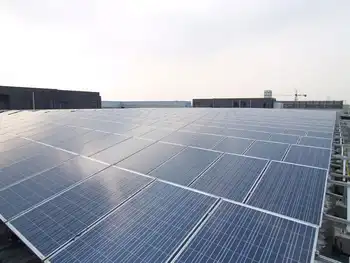Minnesota Signs Deal With Manitoba Hydro
WINNIPEG -- - The Minnesota Public Utilities Commission has unanimously approved a $1.7 billion power export deal with Manitoba Hydro.
It allows Minneapolis-based Xcel Energy to import power from Manitoba Hydro, despite the objections of aboriginal groups.
The 500-megawatt, 10-year deal was given the go-ahead.
It's an extension of an existing deal and will allow power to be exported until 2015.
Approval by Canada's National Energy Board is pending.
The Minnesota decision is a blow to the Pimicikamak Cree Nation of Cross Lake, Manitoba. They had asked the commission to first call a formal hearing into the social and economic impact of historic hydro development on their homeland.
Related News

10 new electric vehicle fast-charging stations planned on Trans-Canada in N.B.
FREDERICTION - New Brunswick EV Fast-Charging Stations expand along the Trans-Canada Highway, with NB Power and federal funding adding Level 3 chargers to cut range anxiety, boost EV infrastructure, and lower emissions via a renewable, low-carbon grid.
Key Points
NB Power and Ottawa are installing Level 3 EV chargers on the Trans-Canada to cut range anxiety and emissions.
✅ 10 Level 3 fast chargers along the Trans-Canada by July
✅ NB Power will add Level 2 chargers beside each site
✅ Backed by $335k and $120M programs to cut EV emissions
Motorists in New Brunswick will see 10…




